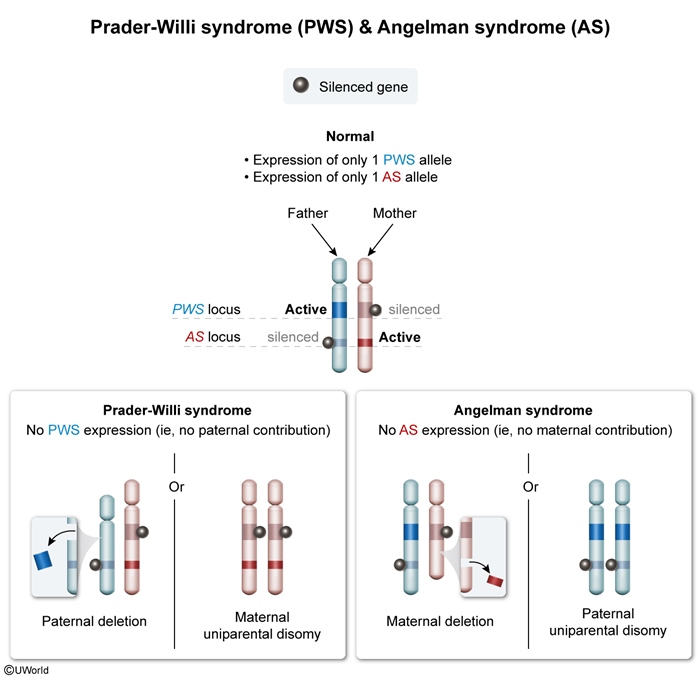Rett Syndrome
Article Sections
Introduction
Rett syndrome is a rare neurodevelopmental disorder characterized by severe impairments in cognitive, motor, and communication skills that typically presents in the first 1-2 years of life after a period of normal development. It is a genetic disorder caused primarily by mutations in the MECP2 gene and occurs predominantly in females.
Pathophysiology
Most cases of Rett syndrome result from mutations in the MECP2 gene that is expressed in all tissues, with an abundance in the brain. The MECP2 gene encodes the MeCP2 protein, which is involved in the epigenetic regulation of several target genes, particularly those critical to neuronal development. Pathogenic MECP2 variants contribute to impaired synaptic maturation and cortical maintenance, resulting in arrested brain development without neuronal death. Therefore, the condition is considered a neurodevelopmental disorder (ie, symptoms manifest due to disrupted brain growth and development) rather than a neurodegenerative disorder (ie, symptoms manifest due to progressive neuronal damage/loss).
Continue Learning with UWorld
Get the full Rett Syndrome article plus rich visuals, real-world cases, and in-depth insights from medical experts, all available through the UWorld Medical Library.
Unlock Full AccessFigures
